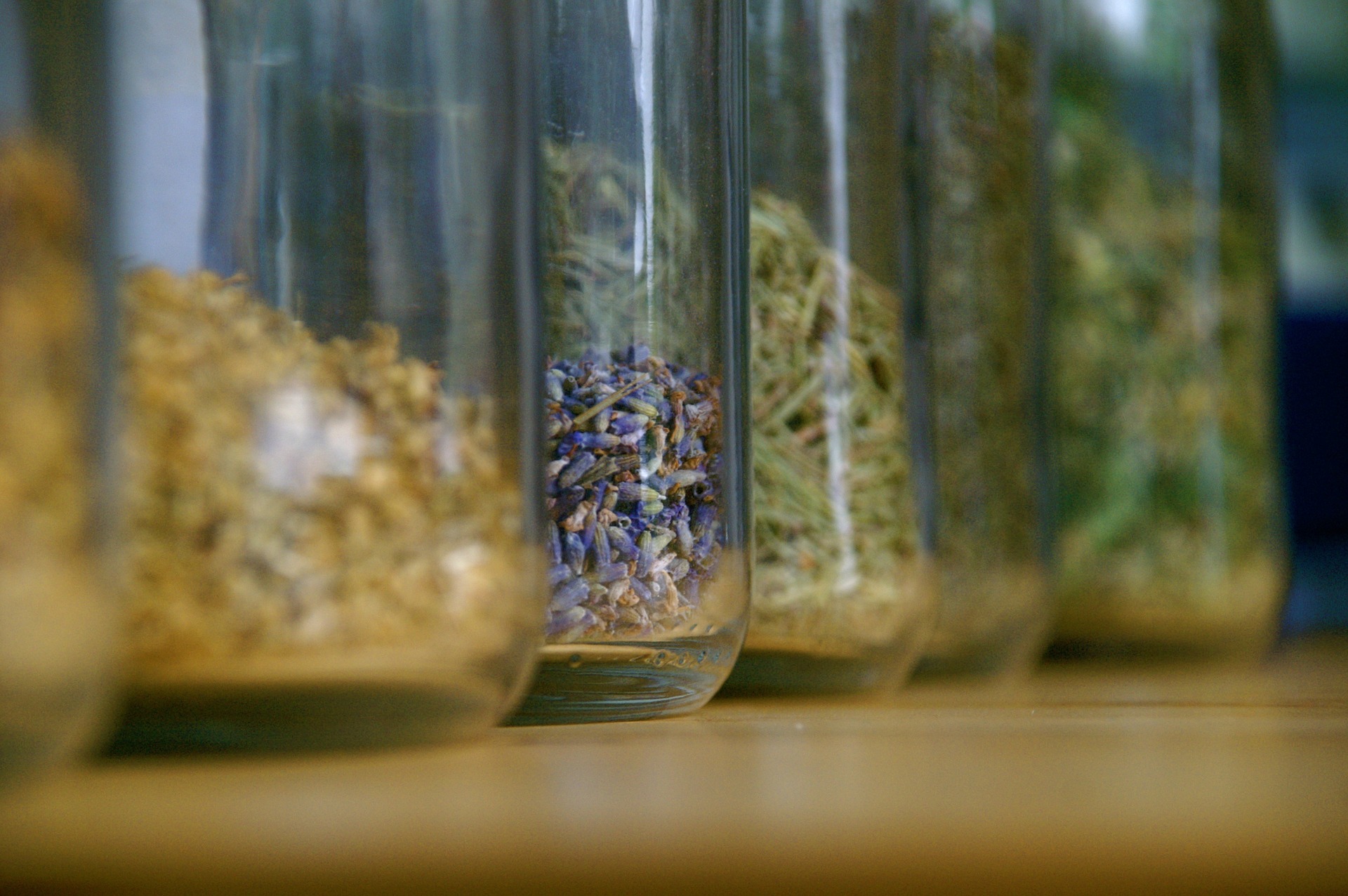Why does it seem that so many people now have allergies? Growing up in the rural Midwest, I never encountered anyone with allergies until I met my spouse, who had many. I admit I was a bit suspicious: it seemed impossible to me that things as innocuous as dust, plants, and pets could cause a reaction. I didn’t realize there was a “pollen season” or that hay fever was actually a thing you could get. Evidently, I was living in a bubble, and people like me who don’t suffer from allergies may soon be an oddity.
Allergies of all kinds are sharply on the rise. Be it peanut allergies, eczema, pet allergies, drug allergies, dust allergies, or rhinitis, they are all shown to be increasing. There are several theories that attempt to explain why, but none have been definitively proven. The answer may lie in a combination of factors, the perfect allergic storm, which seems to tie into two main factors: hygiene and bacteria.
The Hygiene Theory
This theory postulates that it is the Western lifestyle that is to blame for the rise in allergies. Our ultra-clean lifestyle may be depriving our immune systems of adequate exposure to germs, therefore leaving them weakened and unable to cope. Some evidence to support this theory is:
- People living on farms or in rural areas seem to have fewer allergies, presumably because they have more exposure to bacteria in barns or livestock.
- Younger children in large families also have fewer allergies due to repeated exposure to infected siblings.
- Children who attend daycares have a lower instance of asthma than children who are cared for in the home or in a setting with fewer children.
Antibiotic Theory
Researchers have found that the use of antibiotics in early childhood may raise the risk of developing eczema by 40 percent. That is a startling finding, but maybe not so far out there when you consider that antibiotics not only kill harmful bacteria, they kill off the good bacteria, too.
The amount and diversity of plants around your home also seem correlated with allergies. Having more plants and flowers is associated with more diverse bacteria on your skin. Being exposed to more bacteria may correlate to fewer allergies.
One thing is certain: allergies are a part of life for millions of people. Many people prefer to use homeopathy and other natural treatments as they are less about masking symptoms and more about restoring harmony. We recommend Allergy, Eczema Rescue®, and Sinus Congestion + Headache if your allergies are mild and able to be treated at home. Always consult with a doctor if you are unsure about your symptoms.
![]()

 Natural is better
Natural is better
